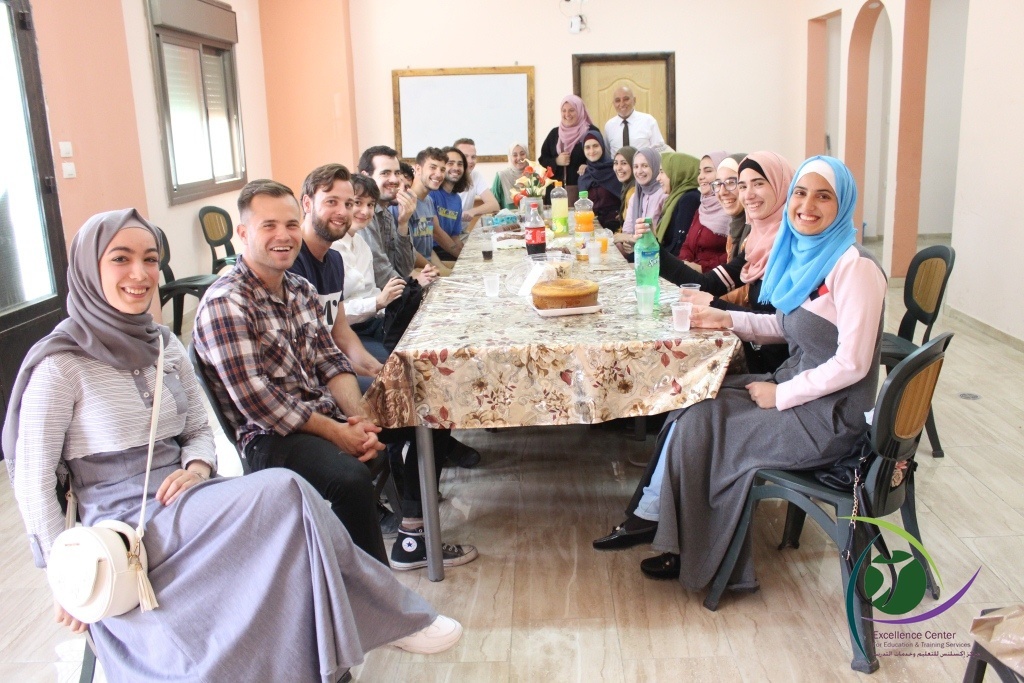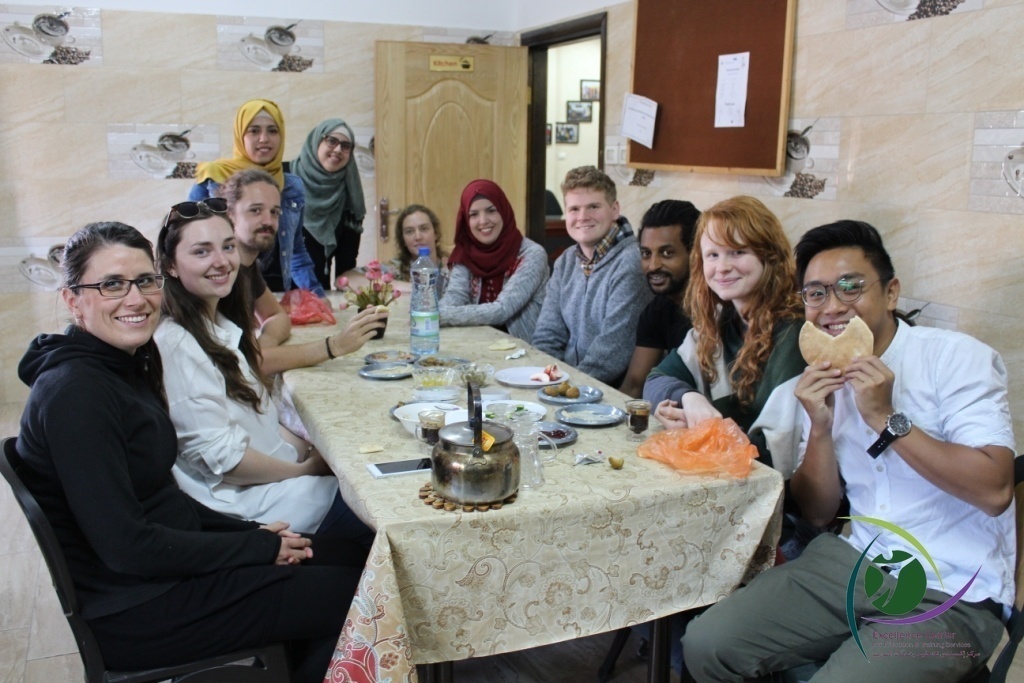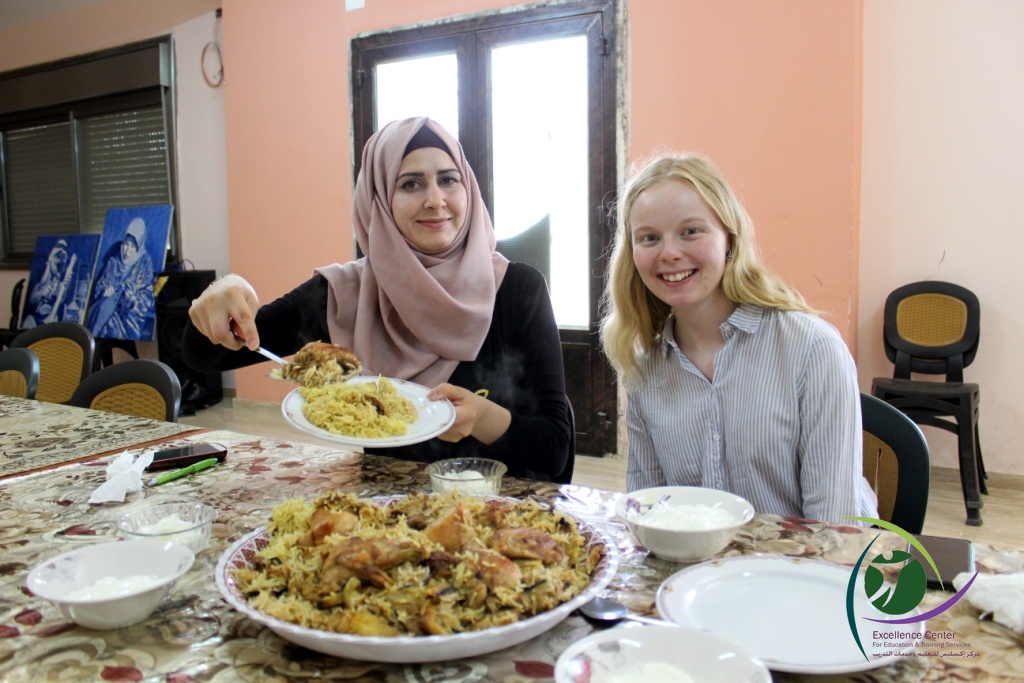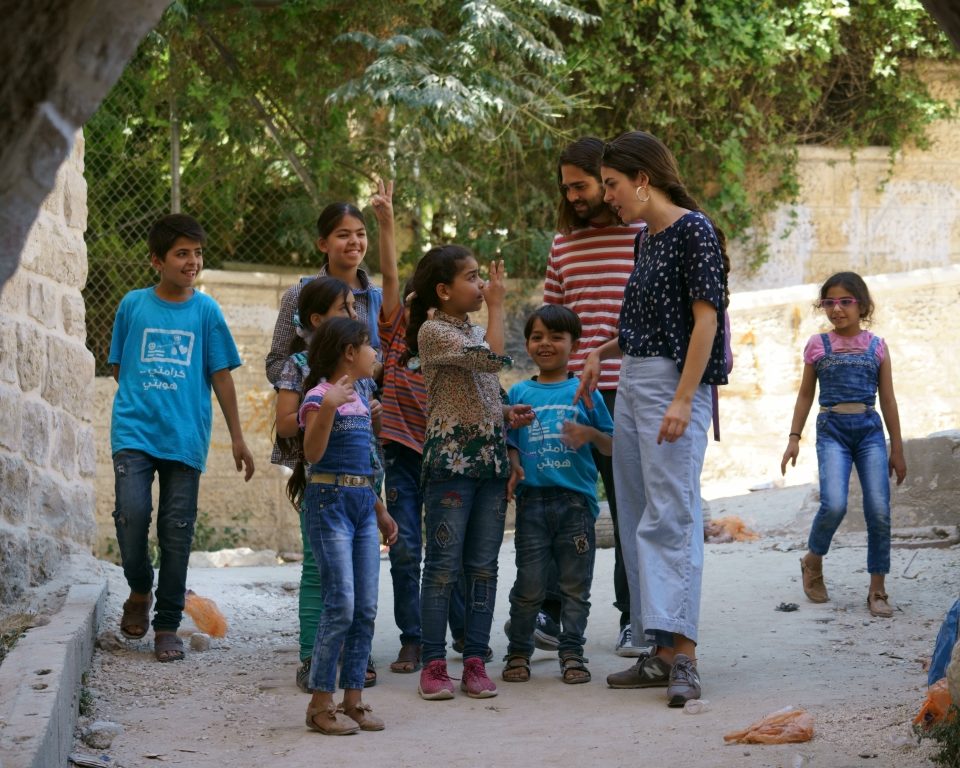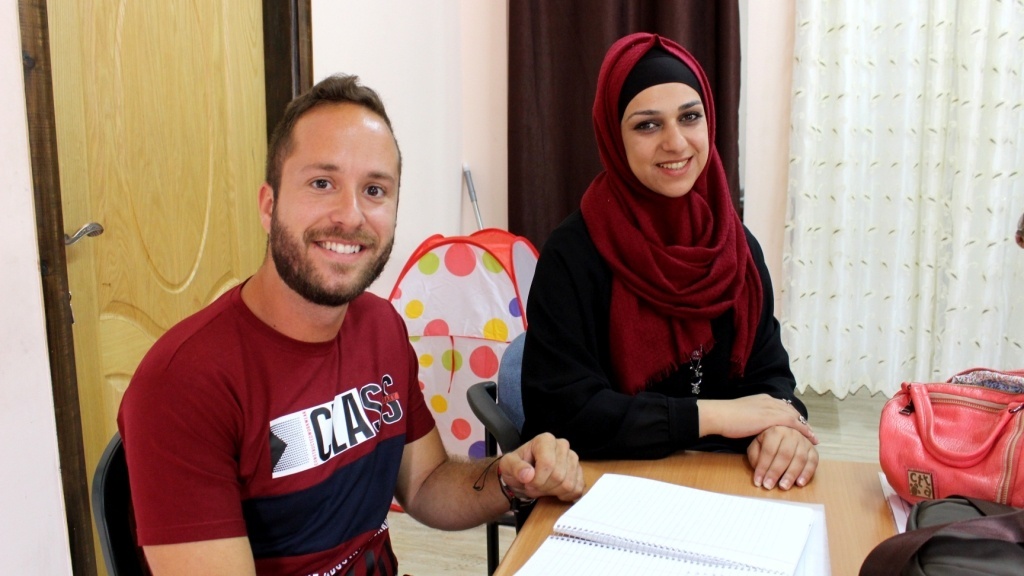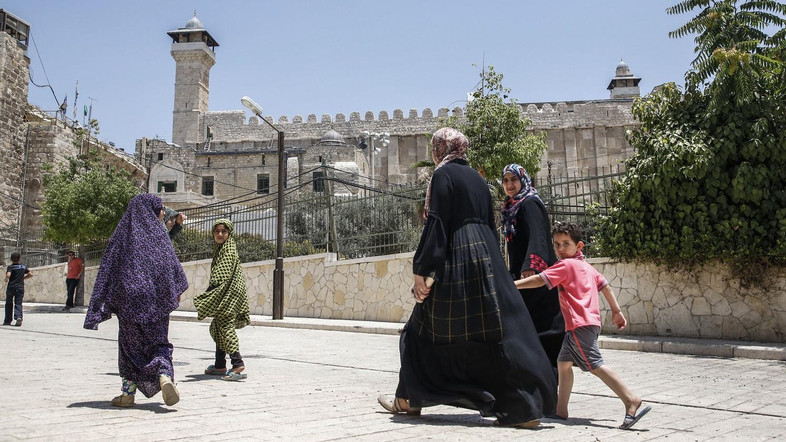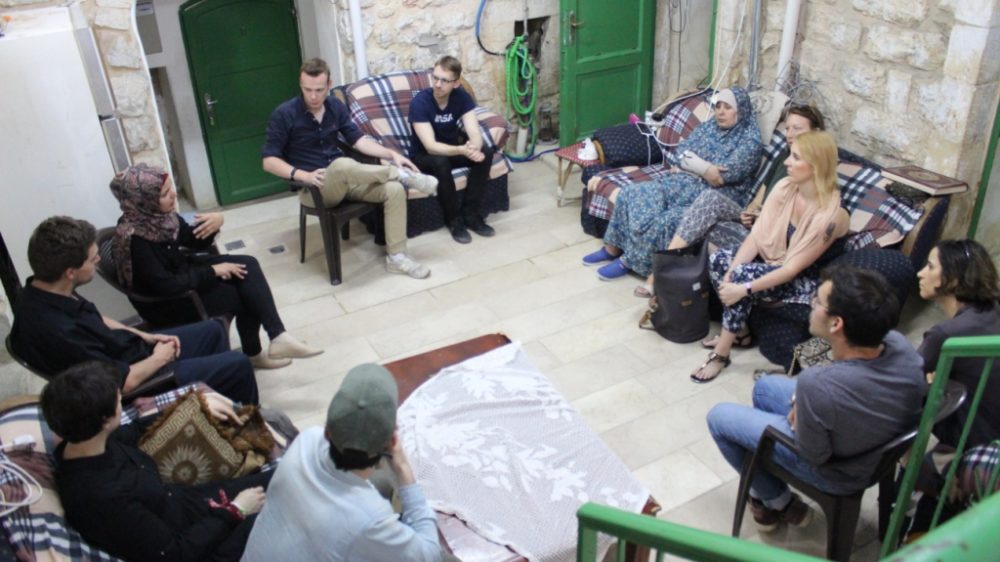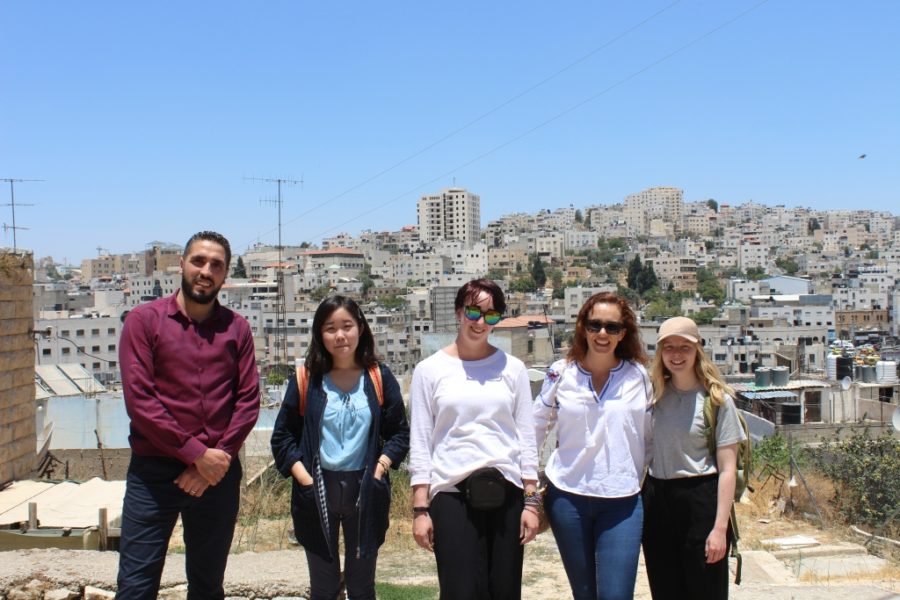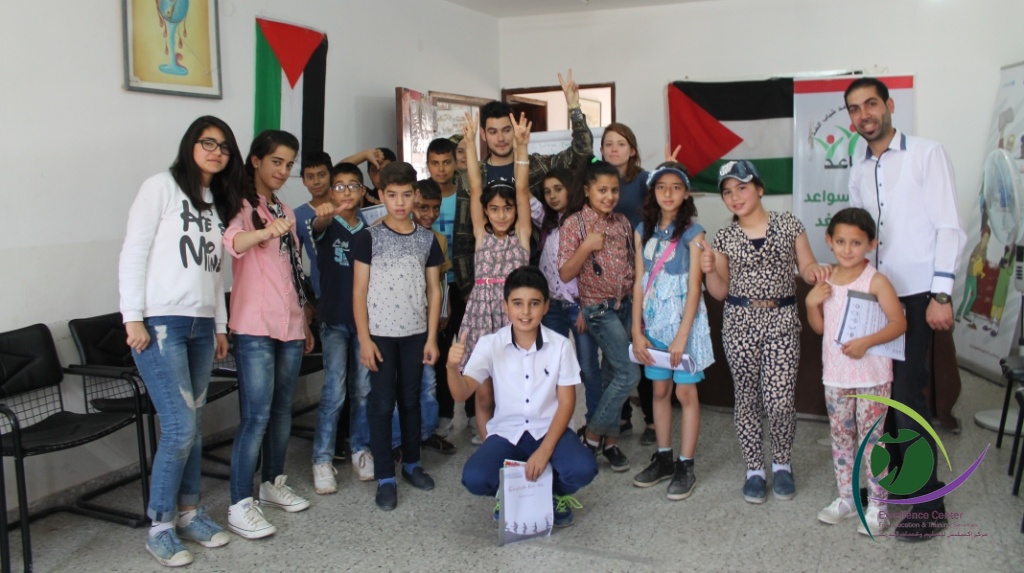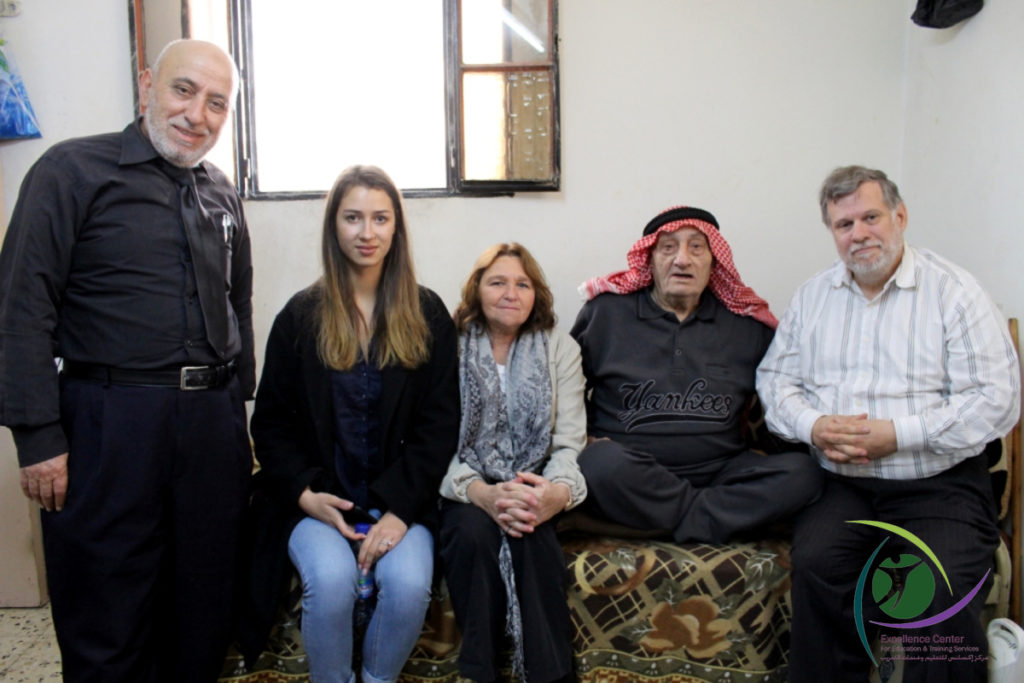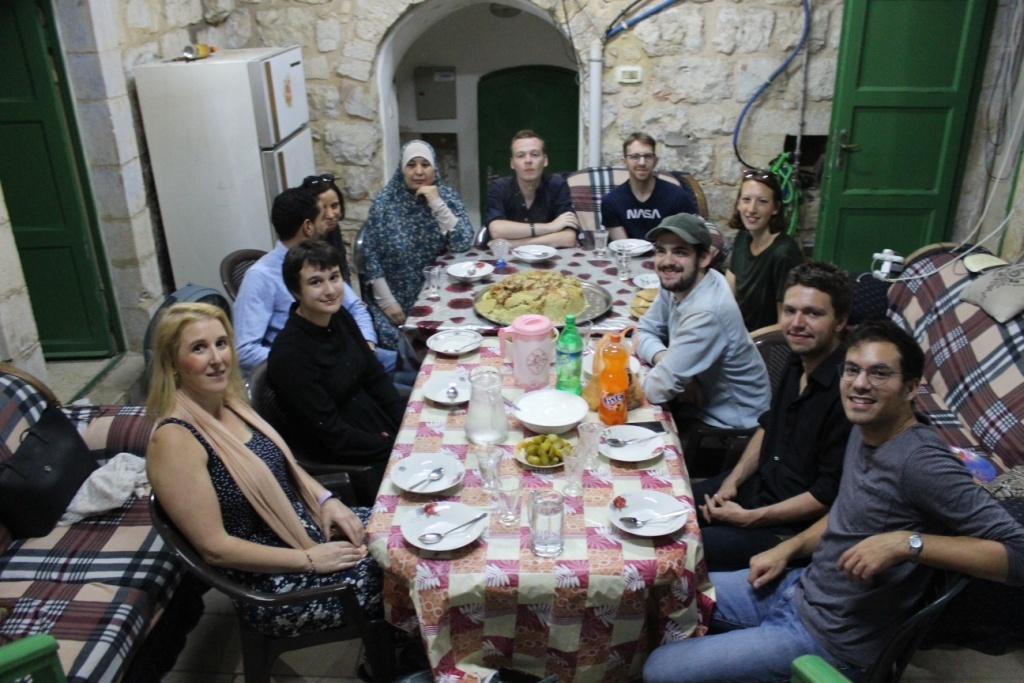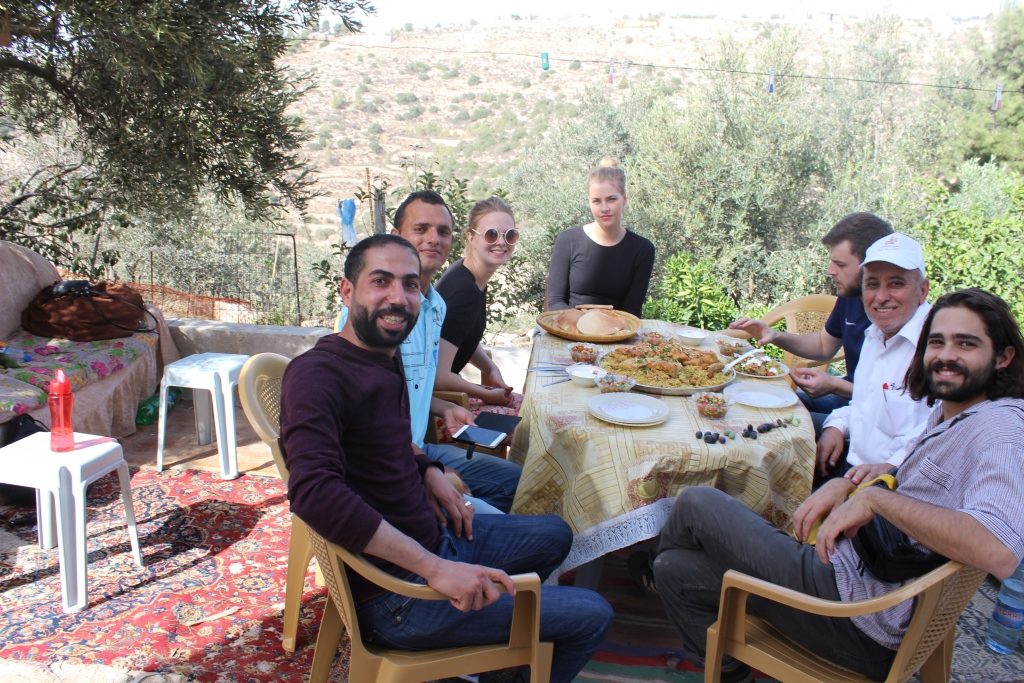The Culture of Palestine: Palestine has a complicated and controversial history. It is believed that this region has been under 13 separate occupations, including the Assyrians,Greek and Roman Empires, and the Ottoman Empire. Following World War II, the area was controlled under British mandate. At that time, Great Britain began to establish Palestine as a Jewish homeland as part of the Zionist movement. This began much of the modern conflict that shapes Palestinian nationalism and patriotism today.
Palestine is made up of the Gaza Strip along the coast and sections of the West Bank, on the east side of Jerusalem. Some countries consider it its own independent state, while others do not. Even without recognized borders and sovereignty, the Palestinian people are passionate about their nation and its abundant culture.
The Culture of Palestine is closely related to those of its nearby countries such as Lebanon, Syria and Jordan. Major aspects of Palestinian Society and Culture include customs, religion, language, literature, art, costume and music of the land and its inhabitants.
Palestinian Food and Cuisine
Palestinian staple foods include bread, meat, cheese, rice, sauces, soups and desserts. As expected, proximity to the Mediterrean influences the flavours of Palestine. Herbs and spices play a very important role in Palestine food– Za’atar is very popular and we recommend that you try it! Accompanying every mouth-watering dish are choices of beverages including coffee, tea, orange juice, Limonada and many more.
Palestinian culture revolves around food, from day to day life to weddings and celebrations, food comes into every aspect. Mealtimes are not simply about nutrition. They are often social occasions. Food culture in Palestine is about spending time with family and friends, showing generous hospitality to guests and making an event special. Most celebrations and ceremonies include food- from weddings to fast-breaking at iftar gatherings and Eid celebrations.
As in many other countries, there is strong national pride for the dishes and traditions revolving around food. Palestine is well known for dishes such as maqlubeh , kunafeh and many more. There are lots of sweet and savoury offerings. Although most Palestinians include meat in their diet, it is perfectly possible to follow a plant based diet here.
Languages Spoken in Palestine
Arabic is primarily spoken as a first language in Palestine, but many citizens also speak some English and an even smaller amount, Hebrew. Within the Arabic language however, there are numerous dialects. Palestine and its Arab neighbors (e.g. Jordan and Syria) speak a dialect from the subgroup of Levantine Arabic.
Modern Standard Arabic that is used throughout the Arab world and will also be understood in Palestine. During your time in Palestine you will probably find it easy to pick up a selection of Arabic words and phrases, this means that you will soon be able to greet people in Arabic! If you wish to study the Arabic language, we have several course options available at the Excellence Center.
The Palestinian dialect (اللهجة الفلسطينية)
The Palestinian dialect (اللهجة الفلسطينية) is the everyday spoken language and will be understood by the Palestinian people. Some of the words in Modern Standard Arabic are not really used in day-to-day conversation and some people may not understand the more formal language.
| Native speakers | 13 Million Palestinians |
| Language family | Afro-Asiatic > Semitic |
| Dialects | Fellahi; Madani |
| Writing system | Arabic alphabet |
| Dialect varieties | Intelligible varieties of Levantine Arabic |
However, the Palestinian dialect is one of the closest dialects to Modern Standard Arabic. If you have studied this subject or learnt some basic phrases in MSA you will find that it is relatively simple to pick up the Palestinian dialect and also, your time studying will not have been wasted. In fact, learning the Palestinian dialect is a great way to build upon your knowledge and expand your language skills.
Religion
Palestine is located in the Holy Land for believers of Islam, Christianity, and Judaism. The religious populations in Palestine are, of course, Muslims, Christians and to a lesser extent, Jews. A modern estimate suggests that over 90% of the population identifies as Muslim, and the Sunni sect or division is the Muslim majority in the region. The Christian population is around 6% and the remainder are likely Jewish or secular.
Christians and Muslims in Palestine
Palestinian culture is based on not only helping family members and neighbors but also passersby whoever that person may be. A Palestinian person will automatically offer any possible help that they can. Despite their differing views, Christians and Muslims live alongside one another, which lends harmony to the entire area of Palestine.
This harmony imbues Palestine with a special beauty. An example of this harmony is the site of the Church of the Nativity and the Mosque of Omar bin al-Khattab, both sharing the same location in Manger Square in the heart of Bethlehem city.
Palestinian Culture and Customs
Much of the core of Palestine customs and conventions has been influenced by the prevalence of Islam and interaction with neighbouring countries. Close government ties between and immigration among Lebanon, Jordan, Syria and other countries of the Arab world have resulted in similar norms across this region. Palestinian culture in general is a rich array of contrasts from western culture and is unique and impressive.
Palestinian people are well known for being incredibly hospitable, and you might be invited to have tea or coffee with someone you have just met. Palestinians trust people very quickly and they enjoy meeting with internationals from all over the world and spending time with them.
The Palestinian philosophy is to take care of their guests whoever they are. will try to make their guests feel comfortable, treating them as if they have known them for a long time or as if they are part of the family. A Palestinian friend will invite you to go out with them often, check up on your regularly and be your friend for a lifetime.
Theatre, dance and arts groups
Despite the ongoing political deadlock, Palestinian society, through numerous NGOs, theatre, dance and arts groups, and with the help of an eager international audience and concerned activists, has been instrumental in this preservation, and for the traveler, ensured it has remained a part of any journey to the region.
The cultural life of Palestinians
The cultural life of Palestinians though did take a setback amidst the crushing burden that was the Second Intifada. However, with those dark days behind them, the famed resoluteness that is a part of being Palestinian ensured this was only a setback, and in recent times, the region has experienced a cultural revival. At the heart of this revival has been Ramallah, the de-facto capital of Palestine.
Being a slightly more liberal city than Hebron or Nablus, Ramallah has recovered from those days where many parts of the city were attacked by Israeli forces and were Yasser Arafat was put under siege and has since revived itself through a dedication to restoring Palestinian culture.
Now, while still a city with challenges, Ramallah bustles with the energy of a people determined to make a sustainable, vibrant life for themselves. With a constant selection of shows and performances mixing with resurging art and cultural scene, Ramallah has something to offer the culturally interested traveler.
Palestinians love an exchange of culture
Palestinians are eager to show the rest of the world their culture. They have not always had the opportunity to do so and are therefore keen to share knowledge and allow international visitors to experience their homeland. They will gladly engage visitors in many different family and cultural activities and celebrate Palestine. This will make your trip to Palestine full of amazing memories and enjoyable moments.
Locals not only wish to show you Palestinian culture but also they are equally very keen to learn of other peoples’ cultures, get to know about their daily habits and how they spend their time. It gives them a glimpse into another culture and way of life.
Israeli Control over Palestine
It is known that the Palestinian borders are fully controlled by Israel which decides who enters and who does not. Added to this, Palestine does not have its own airport as the Yasser Arafat International Airport in Gaza was destroyed by the Israeli forces in 2000.
These two facts result in Palestine having fewer visitors compared to other countries that have control over their own borders, where visitors can visit more easily. Nonetheless, this makes Palestinians more eager to host internationals who come from different countries around the globe and they do so with open arms.
Palestinians are friendly!
During your time here, you will be surrounded by people who want to help to make your trip to Palestine enjoyable. You might hear them saying “Hello” or “Welcome to Palestine” or “How are you?”.They will be keen to help you to find what you are looking for. All these greetings act as a sign of hospitality and eagerness. We are always glad to have you here.
Palestinians want to make sure that you feel totally comfortable and welcome on their sacred land and among their people, no matter where you come from.
Tara visited the West Bank in February 2020:
“ I travelled to Palestine in February 2020, I was based in Abu Dis but travelled around most of the West Bank. The overriding feeling was that of being welcome wherever I went. The local residents of Abu Dis soon recognized me and were happy to chat, help me practice my Arabic and generally assist me in any way possible. They offered advice and expressed concern for my welfare, always being pleased to know when I returned safely from my excursions. Nothing was ever too much trouble.
The people I met in various towns and cities were all extremely hospitable. I was invited into a family home in Jerusalem, celebrated my birthday with a woman in Abu Dis who had her birthday on the same day, and upon learning that I work with and have an interest in horses, the organiser of our trip to Jericho arranged to include a visit to the local stables. I would recommend Palestinian hospitality to anyone! If at any time you find the intense hospitality overwhelming, just remember that Palestinians only want to ensure that you are well looked after, comfortable and make sure that you have everything you need.”
Meeting new people in Palestine
Visiting Palestine is an exceptional opportunity for you to meet Palestinian people, experience their daily life, learn Palestinian Arabic and observe the Israeli-Palestinian conflict first-hand. Most importantly, it is an opportunity to significantly and positively influence the lives of Palestinians.
As you have read above, living in Palestine is totally different from living in Europe, the USA, Asia, South America or Australia. Life in Palestine is characterized by intensive social interactions, a spontaneous lifestyle (people and the way of doing things are not organized according to prearranged plans), hospitality and an eagerness to know about others and the wider world.
Palestine is culturally rich
Despite this though, suffice to say, that despite the occupation and the one-sided news that filters out of Palestine, the region of Palestine is as culturally rich as its people are welcoming and the land is beautiful. If a cultural experience is what you are after, you could do no worse than coming to this part of the world.
Final remarks
Your time in Palestine will be rich and rewarding. No matter how long you have to spend immersed in this culture, it will be time well spent. It is incredibly easy to engage in Palestinian culture and feel like more than just a tourist. If you take time to make friends and walk the unbeaten path, you will have more pictures, stories and adventures than you could have imagined.
Though cultural differences will likely exist, you will find yourself welcomed and appreciated at a home away from home. Most international visitors, interns, students, and volunteers adapt relatively easily to life in Palestine and enjoy a change of scenery and pace.
Finally, we encourage you to arrive with an open mind, be eager to learn and be motivated to participate in Palestinian culture. You will have a richer experience this way and leave knowing more about the Palestinian food, language, religion and zeal for life. We encourage you to document your experiences and share your love of Palestine with others. This helps to raise awareness and may encourage others to visit the West Bank and experience life in Palestine.
We are sure you will have a wonderful and unforgettable stay here in Palestine.
Any questions?
Should you have any questions, please do not hesitate to contact at Rafat@excellencenter.org
Important and related articles – Please click to read
Find us online
Whatsapp:+972599479880
Excellence Center’s Facebook page: https://www.facebook.com/ExcellenceCenter
Excellence Center’s Facebook account: https://www.facebook.com/RafatECHebron
Watch us on Youtube: https://www.youtube.com/channel/UCsQSLdFZWZcBm6Uj0XMYuKg
Visit and Explore Palestine: https://www.facebook.com/ExplorePalestine

